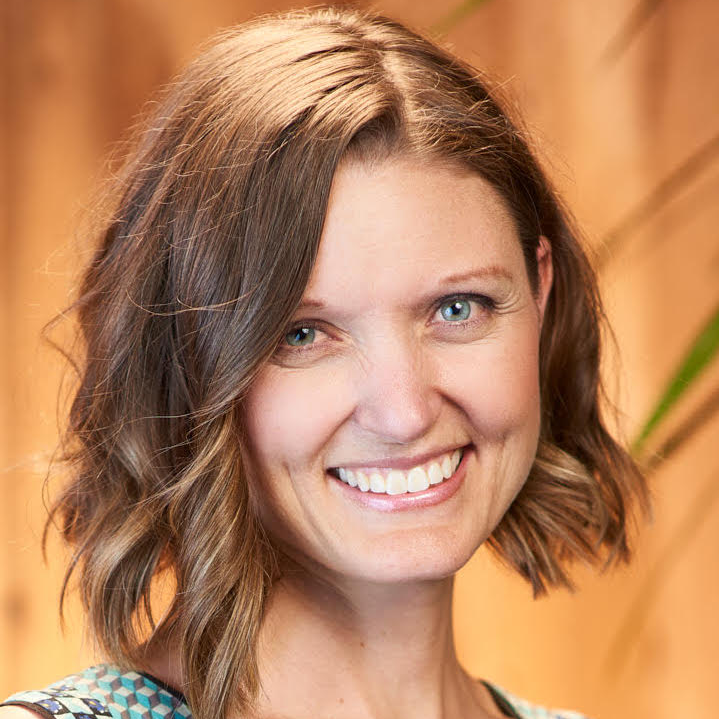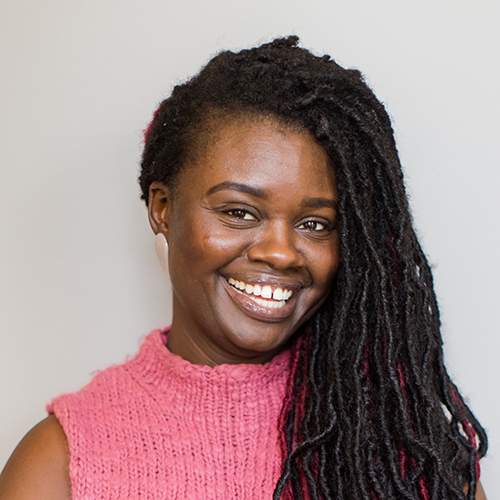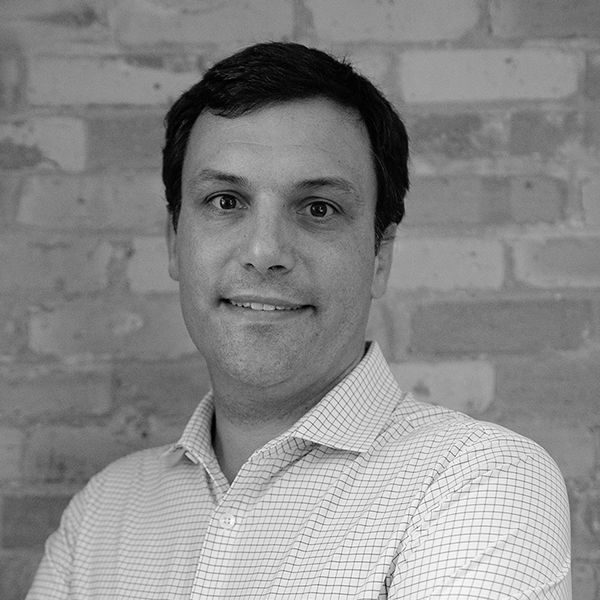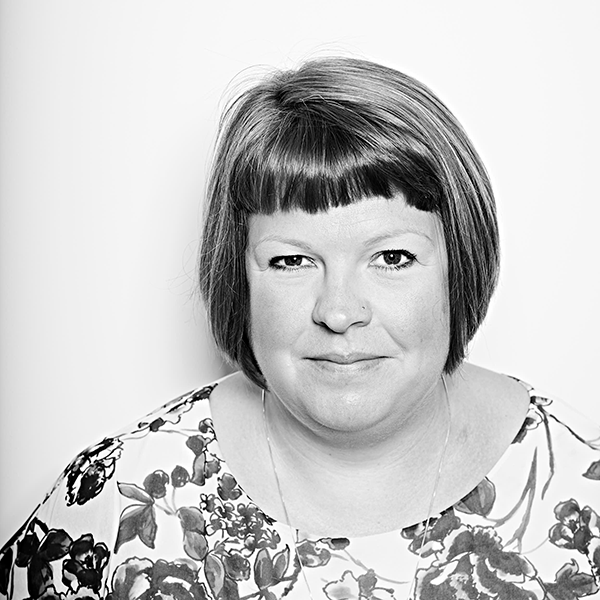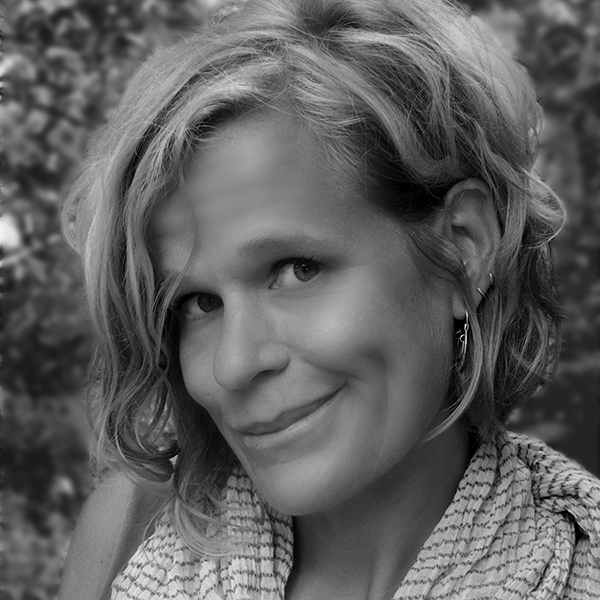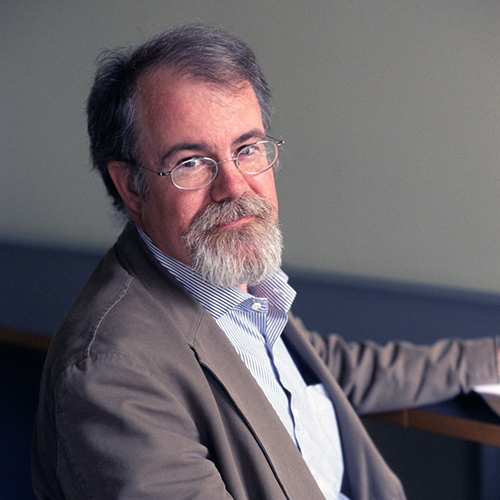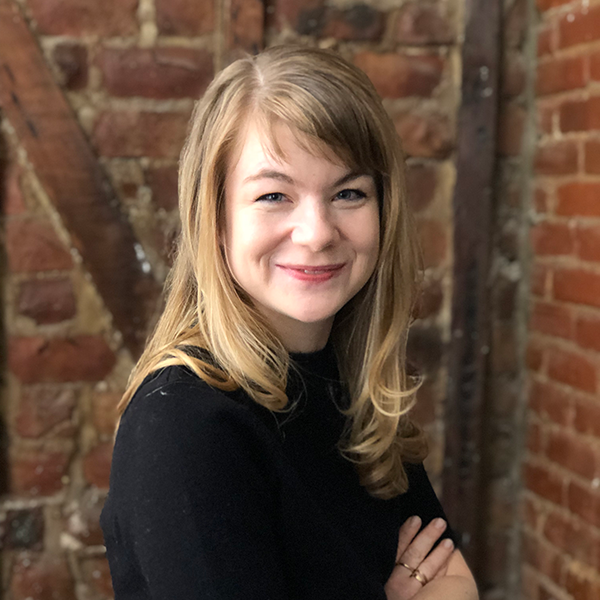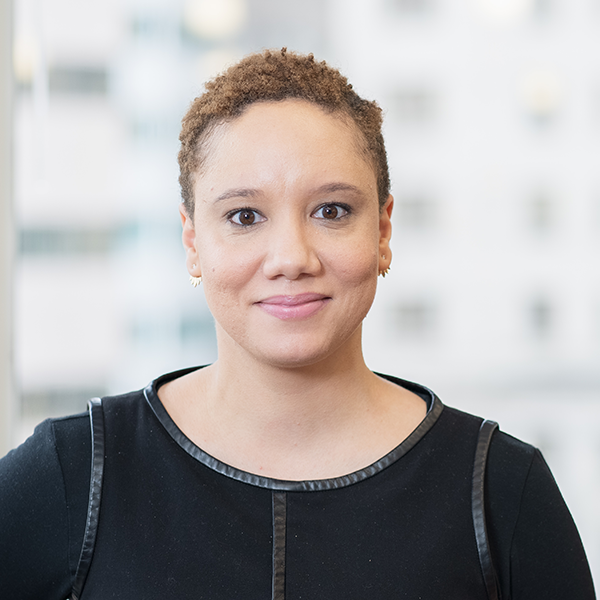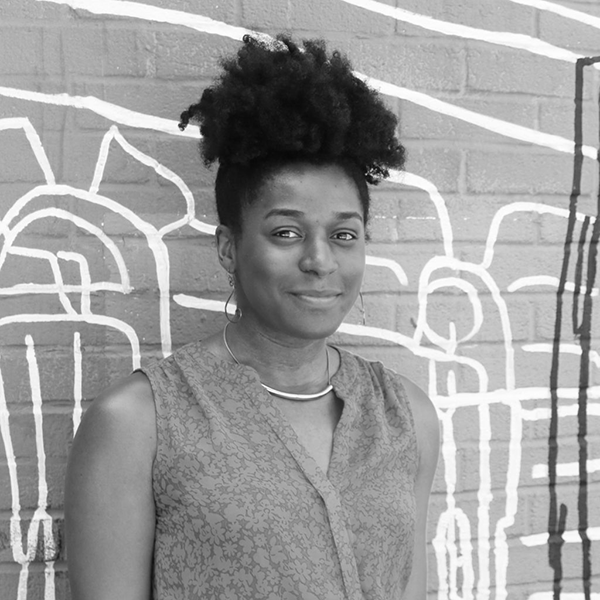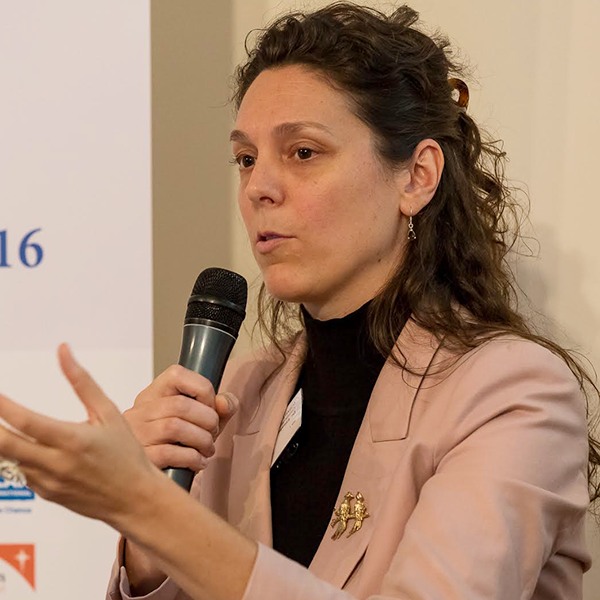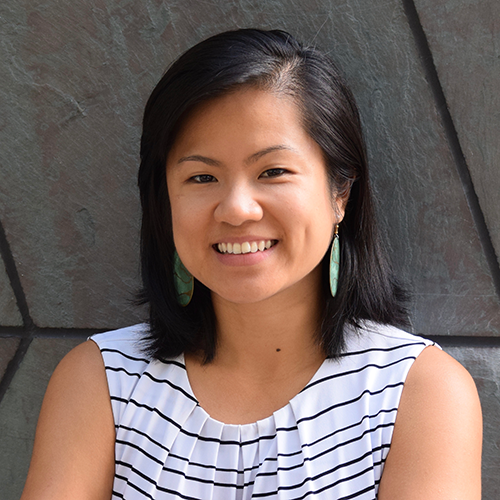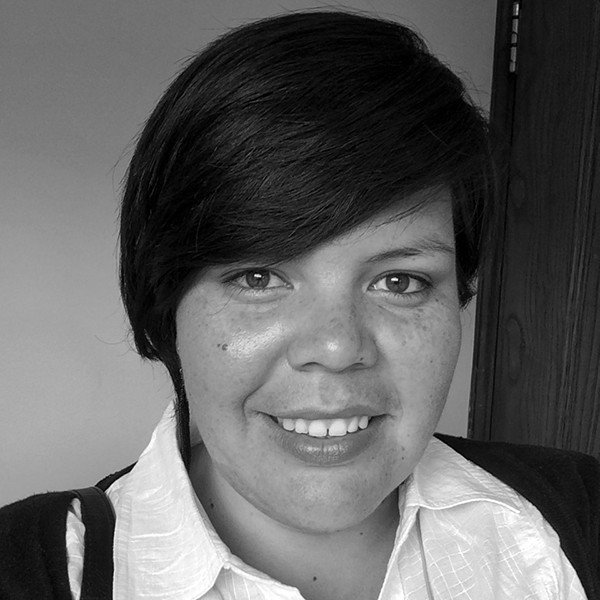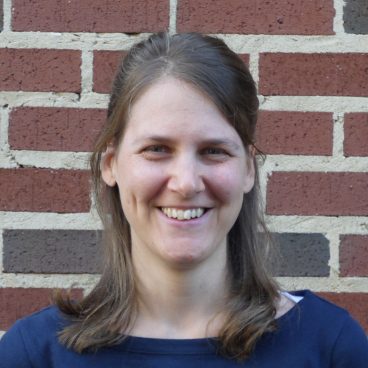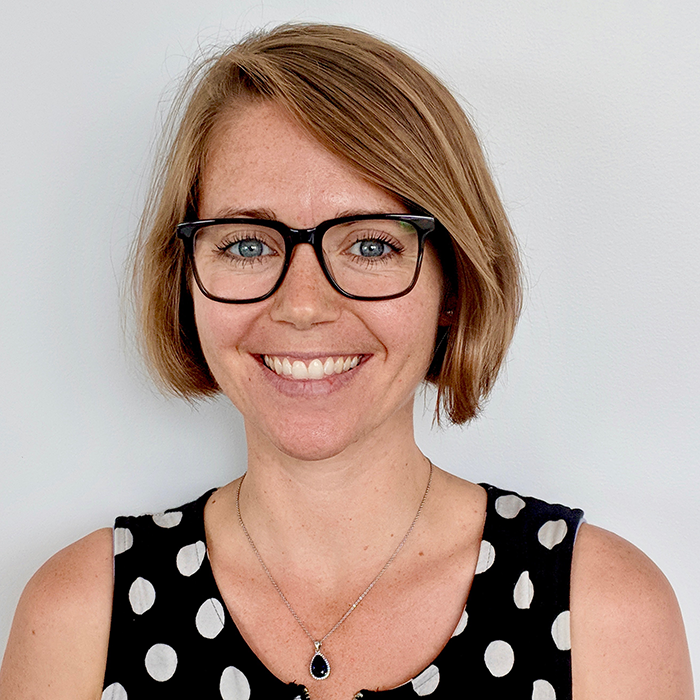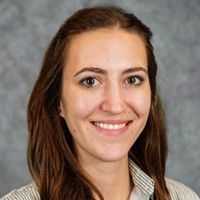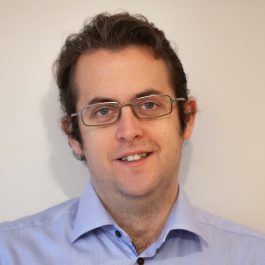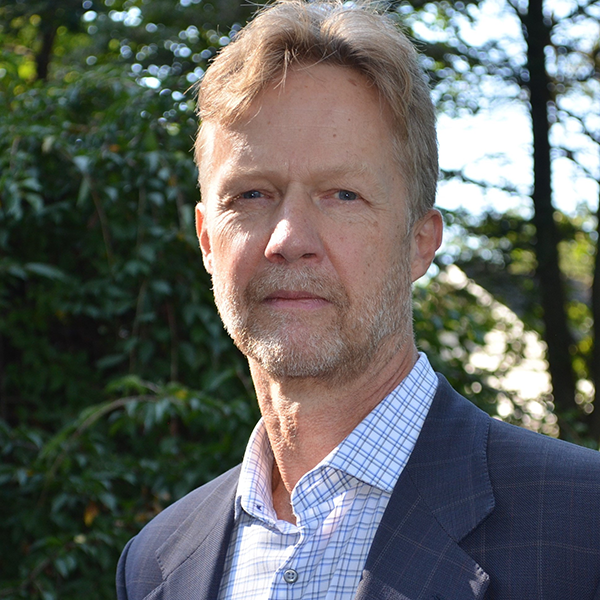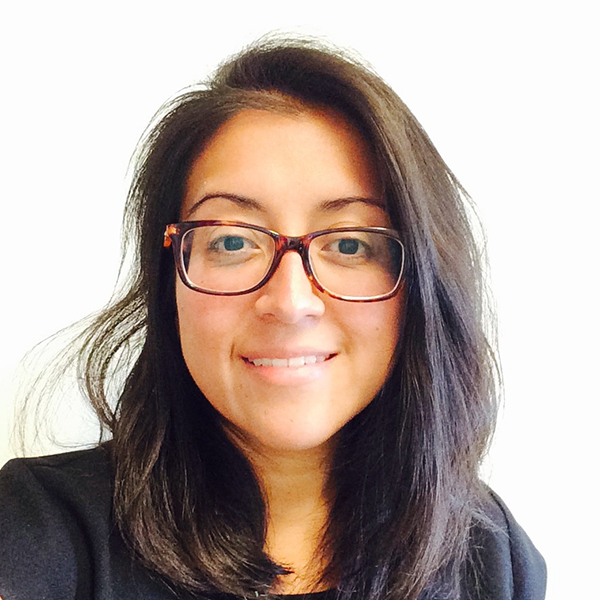About Feedback+New York: The Case for Listening
Welcome – we’re happy you’re here. We’ve heard your feedback and we’re taking the Feedback+ Summits to where the action is. Our first stop – New York City! This one-day event will explore the latest research and theory on constituent feedback followed by an afternoon of taking action to support innovative organizations across the city. Join us in making the case for listening.
Need a refresher on the evidence that feedback is the right and smart thing to do? The Case for Listening webpage features 20 papers from researchers and thought-leaders across government, aid, philanthropy, and impact investing sectors examining why feedback is valuable. Take a look at this page and get familiar with the evidence before heading to New York. If you know of another great study or paper that contributes to the Case for Listening, please submit it, and we will add it to the page.
Agenda
Friday, October 11
- 8:00 – 9:00 Breakfast
- 9:00 – 10:00 Opening Plenary Not your Average Indicator: the Case for Listening (Main Room)
- 10:00 – 10:15 Break
- 10:15 – 11:30am Breakout Research Sessions
- 11:30 – 12:00 Lunch Break, Networking & Feedback Research Poster Session
- 12:00 – 1:00 Lunch Plenary PechaKuchas: Evidence for Feedback: Right, Smart, Feasible (Main Room)
- 1:00 – 1:15 Break
- 1:15 – 2:30 Breakout Workshops
- 2:30 – 2:45 Break
- 2:45 – 4:00 LabStorm Breakout Sessions
- 4:00 – 4:15 Break
- 4:15 – 5:00 Closing Plenary: What's still needed to make the case? (Main Room)
Friday, October 11
- 8:00 – 9:00
Breakfast
- 9:00 – 10:00
Not your Average Indicator: the Case for Listening
Speakers: Bill Easterly (New York University)
Moderated by: Brian Vines (BRIC-TV)The public sector generally believes it has identified reliable indicators that help us understand if social programs are working. One big piece of data that is missing, however, is whether the programs being delivered are actually what people want. Bill Easterly, in conversation with Brian Vines, explores the importance of going beyond typical M&E and understanding the utility of individual choice and consent when evaluating whether we are helping improve lives around the world.
Room: Main Room
- 10:00 – 10:15
Break
- 10:15 – 11:30am
Breakout Research Sessions
-
Community Feedback in Sustainable Finance and Investing: A New Value Proposition
Speakers: Kirk Prichard & Gayle Peterson (pfc Social Impact Advisors)
The private sector is being called upon to meet the US$2.5 trillion gap in funding to implement the UN Sustainable Development Goals. Client pressure driven by Millennials, Gen Z, and women and several high profile CEO advocates are calling for investments to demonstrate positive social and environmental returns. It is estimated that global philanthropic grantmaking totals US$150 billion; private investment with an Environmental, Social, Governance review protocols and meet UN Principles of Responsible Investing total US$89 trillion. According to the Global Impact Investors Network, estimates the current size of the global impact investing market is US$502 billion.
While these privately held and invested funds represent the overwhelming majority of monies designated for positive social and environmental impact in the world, they have not received the same attention in the community feedback world. We know the community feedback value proposition is growing and being documented in the nonprofit/civil society organization direct service sector as well as for private foundations. With the importance, and meteoric growth of sustainable finance (catalytic philanthropy, impact investing, and blended capital public and private partnerships) there is a need and opportunity to incorporate community feedback into social investments to accelerate positive social and environmental impact and avoid harm. Using real life case examples (developed and taught at Oxford Social Finance and Oxford Impact Investing Programmes, Said Business School, Oxford University and shared with the Sustainable Finance and Impact Collaborative) the session will describe: 1) cautionary tales of what went wrong investments and how community feedback could have prevented harm, and 2) illustrations where community feedback was incorporate to positively shape investments impact.
Room: A
-
Closing the Loop Across the Globe, a Series of Lightning Talks
Moderated by: Nicole Anand (The Residency)
Listening Is Not a Technology Problem
Luke Church (Africa’s Voices)Too often, closing the loop is framed a technology problem. This creates a fixation on mechanisms used for data collection and dissemination and acts to reinforce extractive logics. But computers can’t listen, they can only sense.
Africa’s Voices has developed an alternative paradigm: using computers to augment researchers’ ability to listen at scale, but not abdicating this responsibility. We apply this approach in our Common Social Accountability Platform (CSAP), our flagship initiative to establish a stronger accountability ecosystem in Somalia. CSAP aims to change how citizens participate in decision-making that affects them by leveraging media-based citizen-authority dialogues in which issues are addressed, action is identified, and those in power are held to account. Africa’s Voices then turns this citizen voice into timely and compelling evidence at scale. We tell citizen evidence-based stories and support decision-makers through collaborative insight generation and ideas for action. 78% of participants in recent CSAP citizen consultations on durable solutions to displacement in Mogadishu described that the process made them feel more included in decision-making.
As we are growing the reach and impact of CSAP, we are faced with a wider question: what is the future of listening when we see beyond the technologies and methods to a wider social framing?
We Don’t Collect Data, We Borrow It
Samhir Vasdev (IREX)Most data collection efforts—surveys, impact assessments, scoping trips, etc.—remain extractive, mining data from a community to inform the decisions or actions of someone else (like an international non-profit, charity, or donor). Too often, we don’t take the time to share that information back with the community. When data is knowledge and knowledge is power, these extractive efforts reinforce power dynamics that restrict and disempower the very “beneficiaries” we serve.
Using the example of “Shareback Sessions” from an IREX project in Tanzania, let’s explore highlight specific ways that efforts to collect data to inform our own project were used a catalyst for discussion and action in local communities across Tanzania. These Shareback Sessions presented complex data—produced months earlier by the same people as those in the room—in accessible and relevant ways. In some cases, the mere act of sharing back this data led to real action by local leaders, even those with severe resource limitations.
Highlighting the experience of Dr. Miriam, the District Health Officer for a sprawling rural district in Tanzania with high HIV rates, we’ll see how Shareback Sessions helped to close feedback loops that led to real service delivery changes and catalyzed civic engagement for lasting impact.
Can Tech-Enabled Worker Feedback Improve Labor Conditions and Create More Responsible Supply Chains?
Antoine Heuty (Ulula)40 million people live in modern slavery conditions across global supply chains making our clothes, our food and our phones. Yet they are mostly invisible to us. The session will provide a case study on how Ulula technology is supporting worker feedback in the palm oil sector in Indonesia and Malaysia. We will focus on the impact of technology-enabled worker engagement to improve labor conditions and create change at scale in global supply chains.
Closing the gap through feedback: How we got elected officials to constituents doors
Cheri Leigh Erasmus (Accountability Lab)Would you like your government official to hear your concerns from the horse’s mouth? Through the Citizen Helpdesks program, the Accountability Lab engaged community members in the budgetary process and fiscal transparency in general in Nepal. Using citizen-generated data and feeding it up to local government officials, the program closed the gap between the local government and constituents, leading to increased in-person engagement. During this lightning talk, we’ll share examples of how constituents’ needs were incorporated into budget decision-making processes, and how communities and powerholders co-created solutions to critical challenges.
The Pursuit of Early Stage Feedback: A “Sneak Peek” into Stakeholder Needs in West Africa
Emily Fung (Development Gateway)In a project’s early stages, taking user needs into account is easier said than done. While stakeholders and clients build essential familiarity with each other – and with you – optimizing how you gather feedback can provide huge benefits later on. How can we drive stronger feedback loops, early, to develop more useful tools? What are the major challenges to incorporating feedback?
With support from the Open Societies Initiative for West Africa (OSIWA), Development Gateway (DG) has been working with the Extractives Industries Transparency Initiative (EITI) in Senegal, Nigeria, and Guinea to understand what data actors in the extractives sector have, and what data they need.
After a technical assessment of the EITI process in Abuja and Lagos, we listened to Nigeria EITI’s challenges and needs using DG’s Custom Assessment and Landscaping Methodology (CALM). Using CALM’s streamlined approach to driving early feedback, the door is opened to government and stakeholders engaging directly about specific gaps and opportunities. This communication enables both groups to connect directly on improving data supply and use.
We will highlight the benefits of identifying user needs early – and how CALM as a feedback mechanism provides a “sneak peek” into environments and decision space, for both new and established data systems. We’ve found that EI data users are hungry for simplicity: disaggregated data, focused on impact on health, gender, and environmental risk. They also want to know why data is being collected, and how it can help them. We’ll have an honest conversation about not just creating feedback loops, but also ensure that feedback is actually incorporated into final products, systems, and processes.
Room: B
-
Getting (Even) Smarter: Connecting Youth Feedback with Continuous Quality Improvement
Speakers: Bethia McNeil (The Centre for Youth Impact), Bisi Ideraabdullah (Imani House), Pilar Barreyro (Point Source Youth)
Moderated by:Khwezi Magwaza (Girl Effect)
The Centre for Youth Impact’s recent research in the UK highlights exciting insights into how feedback both cultivate and measures the optimum conditions for youth development. It is becoming clear that collecting and acting on feedback from youth both promotes agency and voice and provides evaluative value. This session will dive in to the specifics of how the Centre for Youth Impact maps the subjective experience of young people on objective evaluative measures focusing on program quality. In conversation with Point Source Youth on evidence for giving voice to youth experiencing homelessness and Imani House on how a community in Brooklyn is ensuring kids in grades K-5 know their voice matters, we will explore how giving youth agency in what happens is both the right and smart thing to do.
Room: C
- 11:30 – 12:00
Lunch Break, Networking & Feedback Research Poster Session
- 12:00 – 1:00
PechaKuchas: Evidence for Feedback: Right, Smart, Feasible
Moderated by: Ambika Samarthya-Howard (WITNESS)
Right Thing – Right Thing – Sharing Power: Incorporating Elder Insights in Grantmaking
Sabrina Hargrave (Brooklyn Community Foundation)
The Brooklyn Community Foundation has a history of engaging with our local community to solicit insight to inform strategies for action and investment. In January 2019, the Foundation launched Elders’ Insights, a three-month process to engage 150 older adult residents across 15 neighborhoods to discuss the future of aging in Brooklyn and the direction of the Foundation’s work. The session will review the Elders’ Insights purpose, process, and outcome, including the creation of the Brooklyn Elders Fund Advisory Council.
Smart Thing – Unpacking Feedback’s Role in Change
Valerie Threlfall (Ekoute Consulting) & Juan Clavijo (ORS Impact)
We have all heard the phrase “feedback is the smart thing to do.” But embedded in this assertion are a number of implicit assumptions about how both organizations and clients change their behavior based on their experiences with feedback. Our goal is to make the implicit – explicit and unpack a potential causal pathway or theory of change about how feedback leads to better outcomes. We will draw on learnings from Listen4Good (L4G), a capacity building initiative that focuses on helping organizations to build and sustain high-quality client focused feedback loops. ORS Impact, L4G’s evaluation and thought partner, will share L4G evaluation data which provides initial evidence that helps take feedback from an innovative/theory-based program towards an evidence-informed, promising practice.
Feasible Thing – How Do You Re-Design an Organization Entirely Around the Voice of Your Customer and Live up to That Promise Every Single Day?
Angela Eifert (Alight)
What is the mechanism that will allow you to truly democratize an organization in way that allows you to create the world’s first open source NGO? We needed to find a way to do this that would mobilize, and unleash, problem solvers into the world and hold ourselves truly accountable. So, we created an ideas competition – Changemakers 365 – to train our organization to work with customers to generate and execute ideas every single day. But you can’t do this working on the million-dollar idea – it has to be done in a doable way. This has built a cadence that is allowing Alight to build the organizational muscle to be redesigned around our customer.
Room: Plenary
- 1:00 – 1:15
Break
- 1:15 – 2:30
Breakout Workshops
-
Where We Live NYC – Fair Housing Together
Speakers: Giovania Tiarachristie, Reed Jordan, Michael Sandler, Isella Ramirez, Daryle Ward-Cherry, Betsy MacLean
Where We Live NYC is a collaborative, City-led process to promote fair housing, confront segregation, and take action to advance opportunity for all. The City of New York has been working together with community leaders and residents to better understand how fair housing challenges like segregation and discrimination impact our everyday lives. From August to November 2018, NYC Housing Preservation and Development (HPD), together with Hester Street Collaborative (HST) and 13 community-based partners led approximately 65 community conversations with residents across all five boroughs to help inform the City’s fair housing planning. HPD also convened a Fair Housing Stakeholder Group made up of 150 community-based organizations, researchers, and advocates to dive deeper into policy analysis across the city. This interactive session will present the intentional design of Where We Live NYC to place listening at the center of robust community engagement and rigorous qualitative data analysis to develop the next chapter of fair housing policies in New York City, and how this input has been critical in shaping policy and service design changes to combat discrimination, break down barriers to opportunity, and build more just and inclusive neighborhoods. HPD and HST will present key learnings from the Where We Live NYC engagement process, including sharing examples of how resident feedback has informed the strategies in the draft Where We Live NYC report. This session will help attendees understand the root causes of segregation and limited access to opportunity, how New Yorkers make tough decisions about where we live, how home and neighborhood impact our lives, and our goals for our family and neighborhoods. Session participants will have the opportunity to reflect on how where they live impacts their own lives, and to interact with various new tools for effective listening and data gathering in public engagement.
Room: A
-
Centering People: Feedback Lessons from the Social Justice Movement
Speaker: Anthonine Pierre (Brooklyn Movement Center)
Social justice campaigns’ demands often speak to the needs and demands of “the people.” But who are these people? How do we find them? And how do we engage them in the feedback so needed to maintain the integrity of our demands? “Centering People” explores the challenges and successes in developing systems for feedback while trying to change the world.
Room: B
-
Identifying and Supporting Community Led Change
Speakers: Alison Carlman (GlobalGiving), Alexis Banks (RootChange)
How can all of us in the social sector become more accountable to the communities we seek to serve? How can those of us who act as funders or intermediaries identify and support community-led approaches to change? GlobalGiving, in partnership with Root Change and other members of the Movement for Community Led Development, has been shepherding a two-year,feedback-driven research process to develop tools to identify and support community led approaches to change. Learn about how far we’ve come and help influence the future direction of our future research to validate (or invalidate!) our working definitions and tools with the actual communities we seek to serve.
Room: C
- 2:30 – 2:45
Break
- 2:45 – 4:00
LabStorm Breakout Sessions
-
Evolving Lived Experience into Evidence in Municipal Service Design
Speakers: Caroline Bauer and Parker Krasney (New York City Mayor’s Office for Economic Opportunity)
Moderated by: Midori Valdivia (MTA)
The New York City Mayor’s Office for Economic Opportunity (NYC Opportunity) uses evidence and innovation to reduce poverty and increase equity. The office works to ensure that the people who use and deliver services are included in program design and evaluation. This LabStorm will focus on examining ways that client feedback can be better captured and utilized in local government programs. NYC Opportunity promotes civic service design, and a range of assessment strategies to measure and improve the work of its programs and key citywide efforts. We work to create feedback loops between front line staff, residents and policy makers across City agencies in order to ensure public services are designed with these stakeholders in mind. We also build the capacity of City employees to learn design methods to take on this work themselves. The team develops tailored performance management strategies that combine data and dialogue between service providers, City agencies and NYC Opportunity. When programming shows promise, we partner with independent evaluation firms to assess effectiveness through quantitative and qualitative evaluation, including focus groups, interviews, surveys and observations to capture the input of program participants, staff and other key stakeholders. Building on these existing capacities, this LabStorm will examine opportunities to elevate the voice of program participants and frontline staff in our performance management strategies at all points spanning from design to evaluation.
Room: A
-
Feeding the City of Philadelphia through inclusive & responsive contracting
Speakers: Kathrin Frauscher (Open Contracting Partnership), Laura White (City of Philadelphia)
Moderated by: Sasha Dichter (60 Decibels)
How can Cities better collect and learn from stakeholder feedback given the complexity of their operations? How can we use the feedback to modernize legacy processes to meet the expectations of today’s users? Taking on these questions and others, the City of Philadelphia’s Office of the Chief Administrative Officer partnered with the Open Contracting Partnership (OCP) and the Sunlight Foundation to improve transparency and accessibility in its contracting processes. Their project focused specifically on food procurement. The City of Philadelphia spends up to $25 million every year on food and food services for residents, whether through providing lunches for children during the summer, or feeding people experiencing homelessness and living in a shelter. Using mixed-methods research, Sunlight and OCP produced findings and recommendations related to City contracting that the City piloted on its next fresh produce solicitation. Now the City needs to expand what it has learned to other procurements and implement feedback systems on a wider-scale.
Room: B
-
Local feedback loops to empower marginalised groups in SDG implementation
Speakers: Elizabeth Lockwood (Making Voices Heard and Count)
Our Leave No One Behind partnership was formed in 2017, based on the universal claim to leave no one behind in the delivery of the Sustainable Development Goals (SDGs). The partnership brings together international civil society organisations (ICSOs), national CSOs, civic platforms and community-based organisations. Jointly partners aim to address knowledge gaps on marginalised groups in official development data, making use of citizen-generated data as a complementary tool of information. Simultaneously, the group lobbies for the establishment of officially recognised feedback channels with decision makers and service providers, ensuring that citizen feedback finds its way into the development of policies and services. We call this approach of using local feedback for both monitoring and policy change “Making Voices Heard and Count”.
Together, partners carried out a pilot across five countries (India, Bangladesh, Kenya, Vietnam and Nepal). More than 2,000 representatives of marginalised communities engaged in the collective research. The pilot demonstrated that marginalised communities, when equipped with proper awareness, knowledge, skills and tools, have the capacity to monitor the progress of their community against specific SDG indicators and hold their governments accountable. The feedback collected this way is already used by some local service providers and led to the development of concrete policy recommendations that are now being discussed with governments at the national level.
Our group wants to continue and scale up its work in the five original countries and implement this approach in at least 10 countries by 2022. At the Feedback+ Summit in New York, we want to learn from others and their approaches, tools and strategies for collecting feedback, which would help us a lot in the planning and realisation of our next steps!
Room: C
- 4:00 – 4:15
Break
-
Closing Plenary: What’s Still Needed to Make the Case?
A series of Lightning Talks
Moderated by: Anna Levy
Understanding Ourselves to Understand How We Can Better Listen
Speaker: Sarah Cechvala (CDA Collaborative Learning)
Making the case to listen, starts with listening to and understanding ourselves and our own organizations. We will continual to struggle to listen to those who we serve if we do not examine ourselves and learn from our collective failures and successes. This session will highlight the recent work that CDA Collaborative Learning undertook in collaboration with the International Federation of the Red Cross to examine the institutional factors that constrain and enable the Red Cross Movement to engage with and be accountable to those it serves. Through extensive evidence gathering from a broad-range stakeholders we constructed an institutional systems map that highlights the factors that inhibit the Movement from effectively listening to those it serves. The map exposes levers for strategic and institutional change, and provides the basis for a Roadmap to enhance organizational practice. This presentation will illuminate the importance of understanding the institutional system in which our organization operates, and how this can serve as a basis to guide us in developing the case to more deeply listen and respond to those we serve.
Constituent Feedback: A Key to Determining Your Capacity for Impact?
Speaker: Michael Thatcher (Charity Navigator)
Is constituent feedback valuable for improving an organization’s capacity for impact? Charity Navigator thinks so! One facet of their new impact capacity framework considers the ways nonprofits engage with the communities they serve, what they’re learning, and how they’re using that information to achieve mission success. In this lightning talk, Michael Thatcher, President and CEO of Charity Navigator, will discuss the evolution of the organization’s evaluations and how constituent feedback may be incorporated moving forward.
Advisory Committee

FAQ
How will I receive my registration confirmation when I register online?
You will receive a confirmation email once your purchase is processed.
Do you offer refunds? What about in the case of inclement weather conditions?
Feedback Labs will offer refunds on the following timeline: June 1 – September 9: 50% refund available upon request. September 10 – October 11: Refunds not available. We suggest purchasing travel insurance if inclement weather is a concern.
Where can I breastfeed during Feedback+New York?
Special rooms will be set aside for breastfeeding attendees at the conference center. Information about rooms and directions will be made available the day of the Feedback+New York Summit.
Who do I talk to if I require special accommodations?
We are happy to assist any attendees who may need different accommodations. Please email Meg at [email protected] to arrange.
What is the Feedback+New York dress code?
Like most professional conferences, we suggest dressing in smart casual or business casual attire.
Do you offer any reduced price tickets?
Yes! Early Bird pricing will secure a 50% discount and is on sale until July 31, 2019. Additionally, we offer a limited number of scholarships which you can apply for here.
Do you offer a student discount?
Feedback Labs is unable to offer a student discount, but we do offer free and reduced price tickets for volunteers! If you are interested in volunteering at the event, please apply here.
Are there scholarships available?
We need to cover our costs, but understand that you do too! Please submit this application for a full or partial scholarship. All applications received by September 2nd will receive a response by September 9th. Any application received after September 2nd will be reviewed on a rolling basis, and will receive a response by September 27th. Please note that applications close on September 20th. If selected for a scholarship, you will have one week to respond. We will ask for continued engagement with the feedback community, which may include but is not limited to writing one blog post for our site and a spotlight feature on our website along with your organization. If you have any questions on your proposal, please contact Meg VanDeusen at [email protected].
Who do I contact if I have more questions?
You can reach the Feedback Labs Summit team at [email protected] we look forward to hearing from you!
Logistics
Location
Feedback+New York will be held at the W83 Ministry Center, a place for culture and community in the Upper West Side of New York City.
150 West 83rd Street, New York, NY 10024
Transportation options
Uber, Lyft, and taxi
New York subway & bus system
Feedback Labs has also teamed up with Shuttlefare, a shuttle service that takes you between your airport and accommodation or the conference venue:
Shuttlefare.com has set up a special discount for airport rides to and from JFK/LGA/EWR on any shuttle or private vehicle you choose. To search for rates and availability visit shuttlefare.com (select your airport first and then drop-off/pick-up location) and then enter FBLORG19 to redeem $5 off your round-trip reservation.
Accommodations
Feedback+New York is a one-day event, but we know that many attendees might want to turn it into a weekend in the city or at least stay one night!
We recommend booking your stay at one of the following highly-recommended hotels near the conference venue:
Excelsior Hotel
Arthouse Hotel New York City
The Lucerne Hotel
Hotel Beacon
Other recomended options are Airbnb as well as TripZero, which covers the carbon offsets free of charge when you book your hotel.
Looking for a free night’s stay? Are you a New Yorker willing to host a fellow feedback champion? Indicate either option in your registration form and we’ll do our best to connect you!
One-way Estimated Fares to/from Manhattan
Shuttlefare ($ per passenger) before $5 promo
Uber
Lift
Taxi
JFK
$22
UberX: $85
Pool: $72
Lyft: $105
Shared $65
$62
LaGuardia
$20
UberX: $55
Pool: $46
Lyft: $55
Shared: $33
$37
Newark
$21
UberX: $65
Pool: $51
Lyft: $65
Shared: $55
$57
Donate
This year, members of the feedback community sent a clear message: our community needs “a renewed focus on inclusivity, including voices from elsewhere and from more frontline staff.” In response, we’ve committed to making Feedback+New York an inclusive, equitable space.
Your support will help ensure that front-line staff from small organizations are able to participate fully in high-quality feedback trainings and conferences, and improve feedback practices around the world.
Feedback+New York Summit Sponsors
Are you interested in joining these leaders in making feedback the norm? Email Meg at [email protected] to learn more about sponsorship!
The work of Feedback Labs is made possible by:
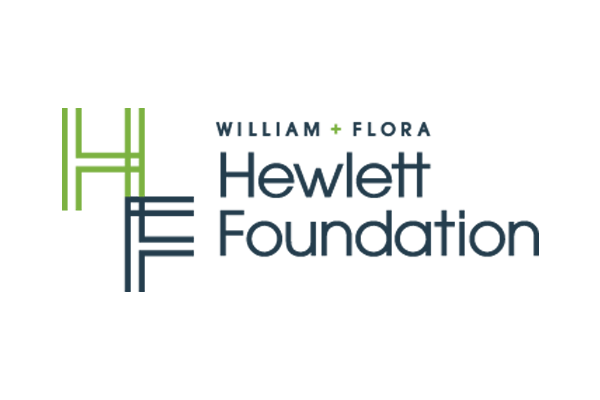
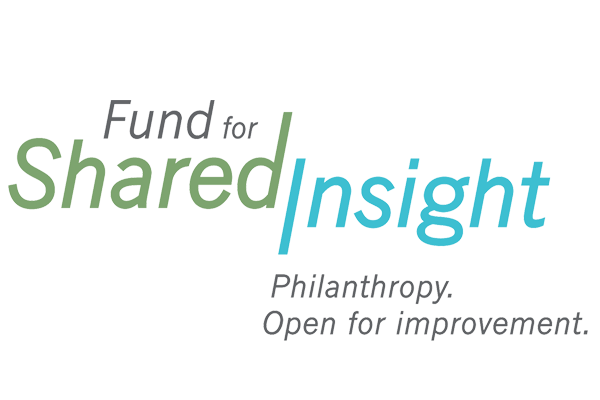

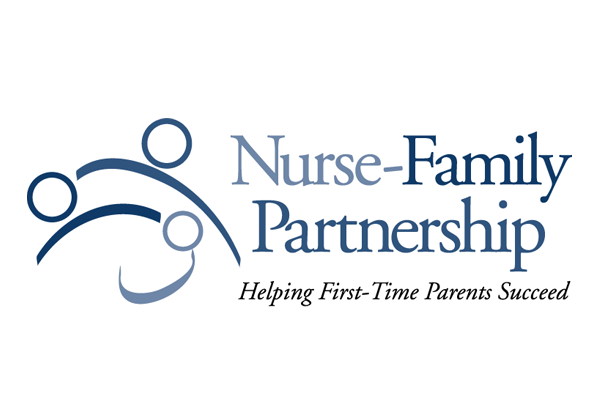
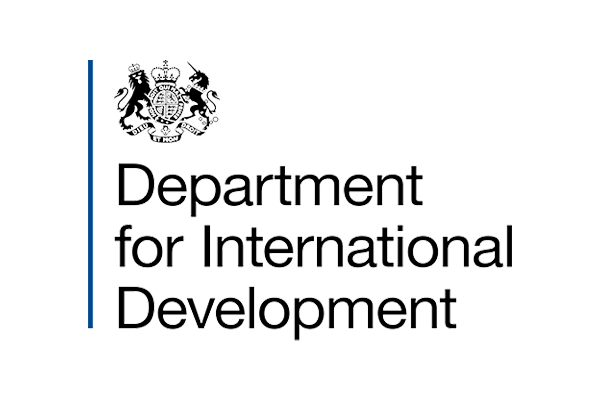
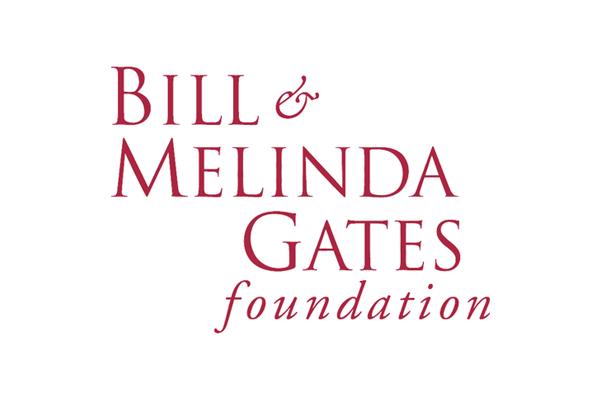

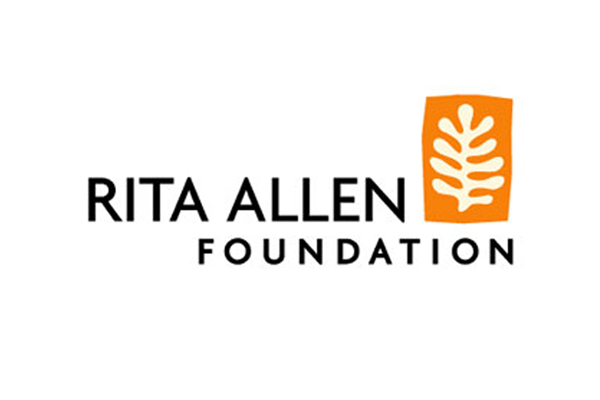
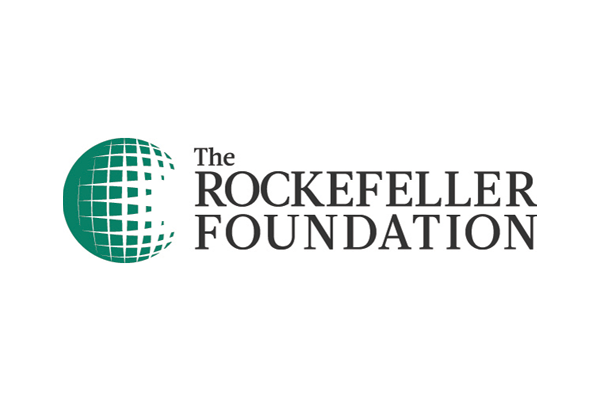
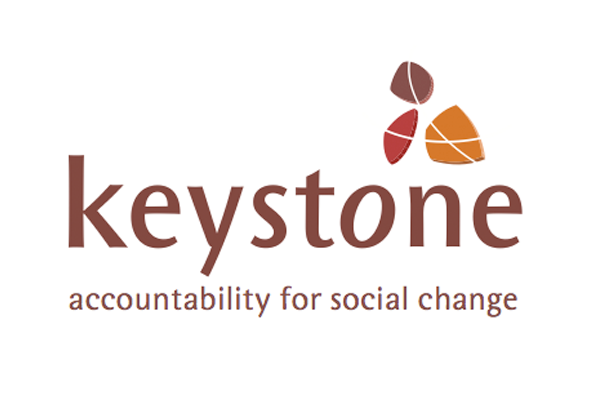


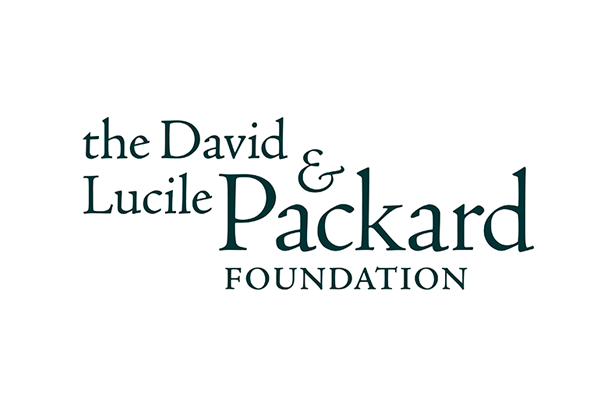
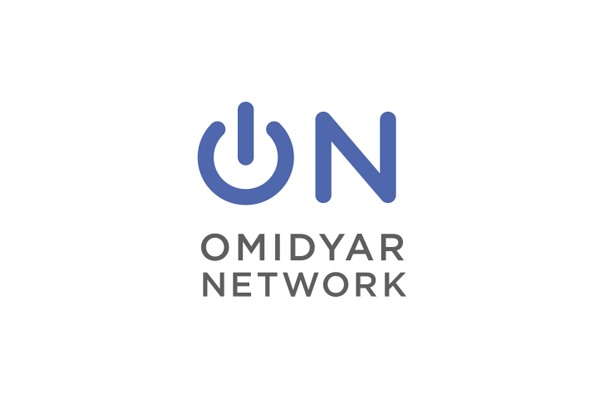
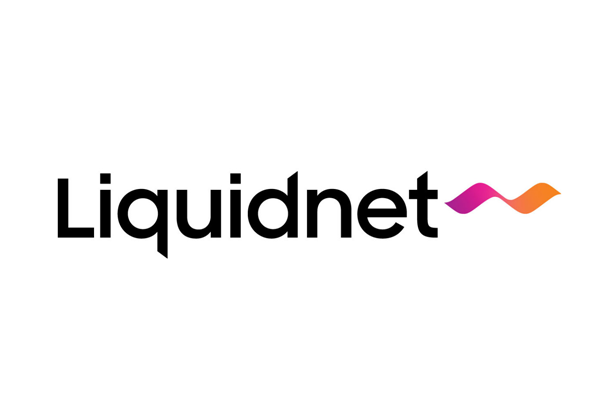
Do you want to sponsor?
Feedback Labs believes that regular people – whether we call them beneficiaries, constituents, or citizens – should be driving the policies and programs that affect them. The Feedback+New York Summit is a two-day, engaging event that brings together practitioners and experts in aid, philanthropy, governance, and impact investing. The Feedback+New York Summit uniquely positions you to participate in the changing face of development.
This year we need your help to feature frontline practitioners and increase our diversity, equity and inclusion. Contact Meg at [email protected] to propel us to the tipping point of making feedback the expected thing to do.



